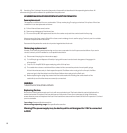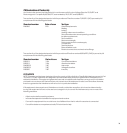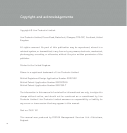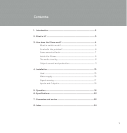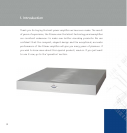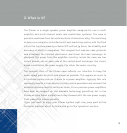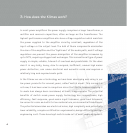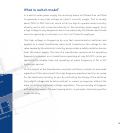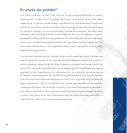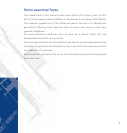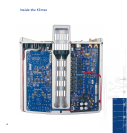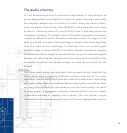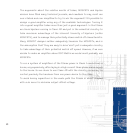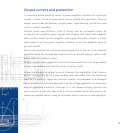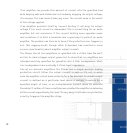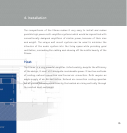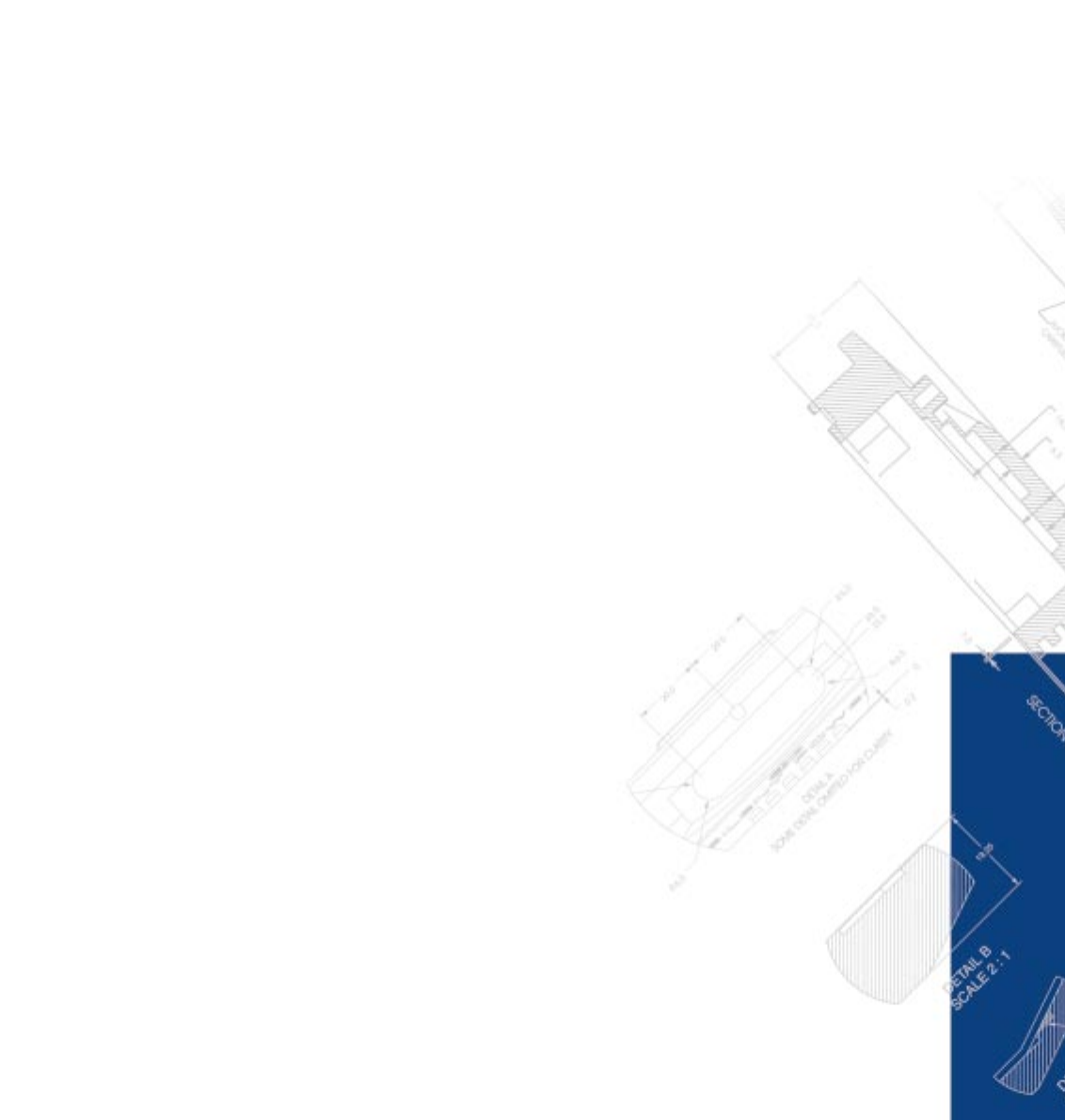
6
The first problem is that this is a lot more complicated than a mains
transformer (a few kilos of copper and iron), a rectifier and some large
capacitors. A switch mode design optimised for minimum part count will
still have many tens of parts, most of which are quite delicate but still have
to operate reliably in a very electrically hostile environment. We have been
designing and building switch mode supplies for our CD players, tuners,
preamplifiers and multiroom components for several years and can now make
them more reliable than the conventional transformers they replaced. But
this takes persistence, thoroughness and a very consistent high quality
manufacturing process.
The second problem, which is what stops most manufacturers considering
switch mode for audio, is the potential high frequency electrical noise, or
more precisely, preventing the high frequency signals becoming electrical
noise. The scale of the problem is quite daunting. The high frequency signal
applied to the transformer if connected to an external antenna would
obliterate radio reception for miles around (please don’t try this at home!).
This must be controlled and reduced so that it not only meets international
legal regulations but it must also not cause any audible or measurable
interference with any of the audio circuitry. This does not happen by accident,
but takes experience, thorough precision engineering and diligent quality
control. Only when all of this is achieved can the potential audio benefits of
switch mode start to be revealed and exploited.
So what’s the problem?



